
The Wildland Fire Leadership Development Program (WFLDP) is announcing the 2025 Professional Reading List! The five books chosen for this year are: Surf When You Can by Brett Crozier, Man’s Search for Meaning by Viktor E. Frankl, Elephant Company by Vicki Constantine Croke, Simply Managing by Henry Mintzberg, and Chop Wood Carry Water by Joshua Metcalf.
The goal of the annual reading list is to promote the reading and discussion of the books throughout the year.
Discussion guides for these titles, as well as those from previous years, can be found under the 2025 Wildland Fire Leadership Development Program Professional Reading List.
For a video overview and introduction to the Professional Reading Program (PRP), check out the video.
How to use the Reading Program
There’s no right or wrong way to read, or to use this program. It is a set of tools that we have made available for anyone to use as they see fit. Most professional organizations maintain some sort of reading program, and reading followed by reflection is a valuable tool for leadership development.
You do not need to read all the books on the list, although it is great if you do. For each of this year’s titles we have put together a discussion guide with some simple questions meant to spark thinking and conversation about the ideas in the book. Feel free to use these discussion questions or come up with your own. You do not have to agree with the authors, or even like what they have to say. The important part is to read, think about it, and talk about it!
This year we are working to integrate the Wildland Fire Leadership Levels with the reading list. Each book will be associated with the leadership level that would most benefit from the information and topics in the book. However, this should not limit the reader’s choice of books, as all of the books on the list can be useful at all levels of leadership. Some might just be more relevant and applicable at the identified leadership level.
Self-development is an important part of being a leader and reading and reflection are valuable tools in the kit that can help you improve your leadership skills. Leadership skills need to be continuously learned, refined, and practiced; there is a mental component as well as a physical component. Reading and reflection are two of the ways we can work on the mental aspect of leadership and get better at implementing the physical aspects of being a good leader.
Your local libraries offer digital access to digital books and audio books to their members (for example, Libby). There are also many options for purchasing the books.
Happy reading!
The 2025 Wildland Fire Leadership Development Program Professional Reading List
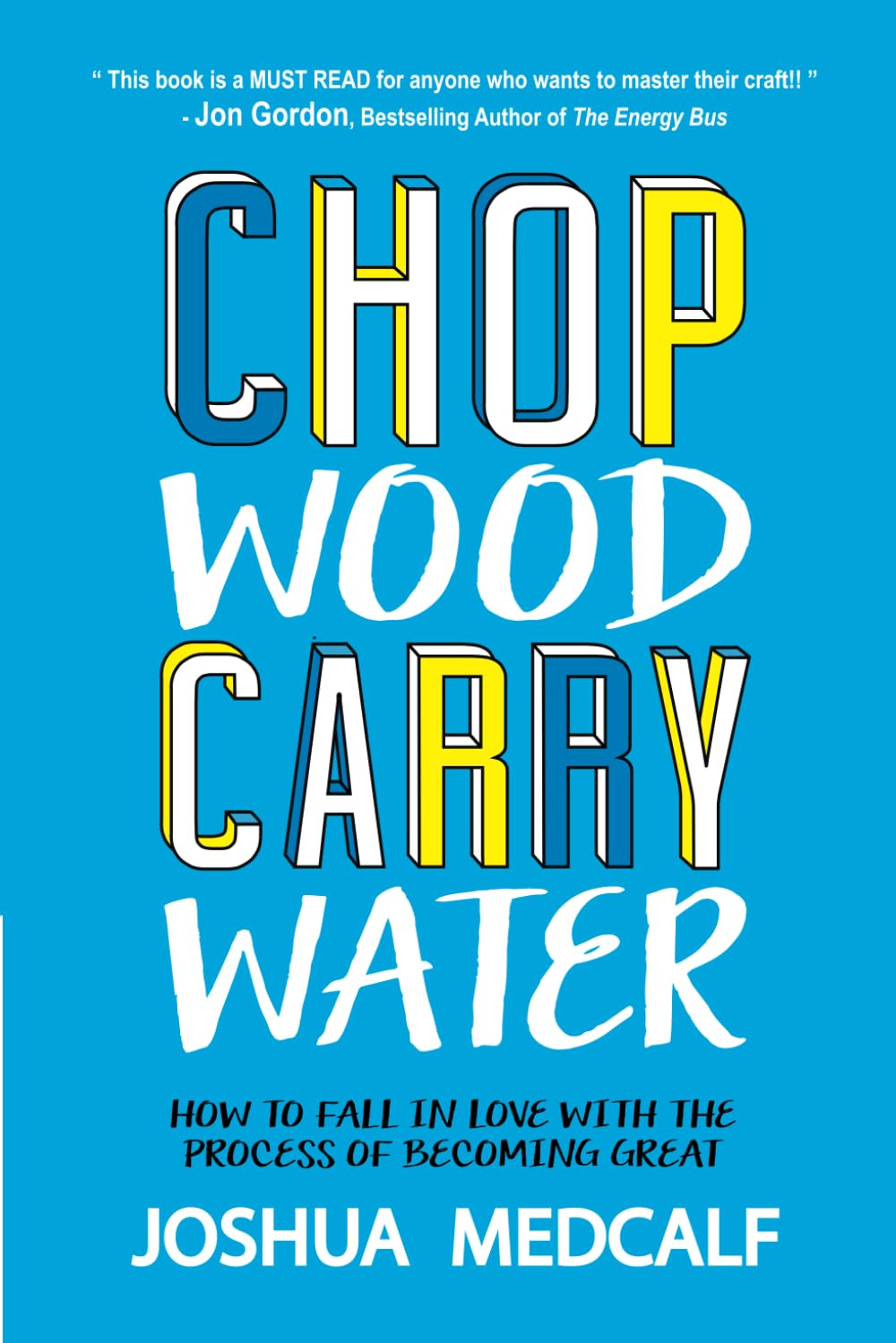 | Chop Wood Carry Water by Joshua MedcalfBest Wildland Fire Leadership Level to read this book:
Chop Wood Carry Water is an intriguing book centered around the process of becoming something great rather than focusing solely on the outcome. This motivational self-leadership book is presented as a parable following a young archer-in-training. As this young man casts away traditional expectations and follows his dream of becoming a samurai archer in Japan, he learns more than expected. His mentor creates simple yet profound teachings that emphasize the importance of embracing the process, building discipline, and cultivating character over focusing solely on results.
|
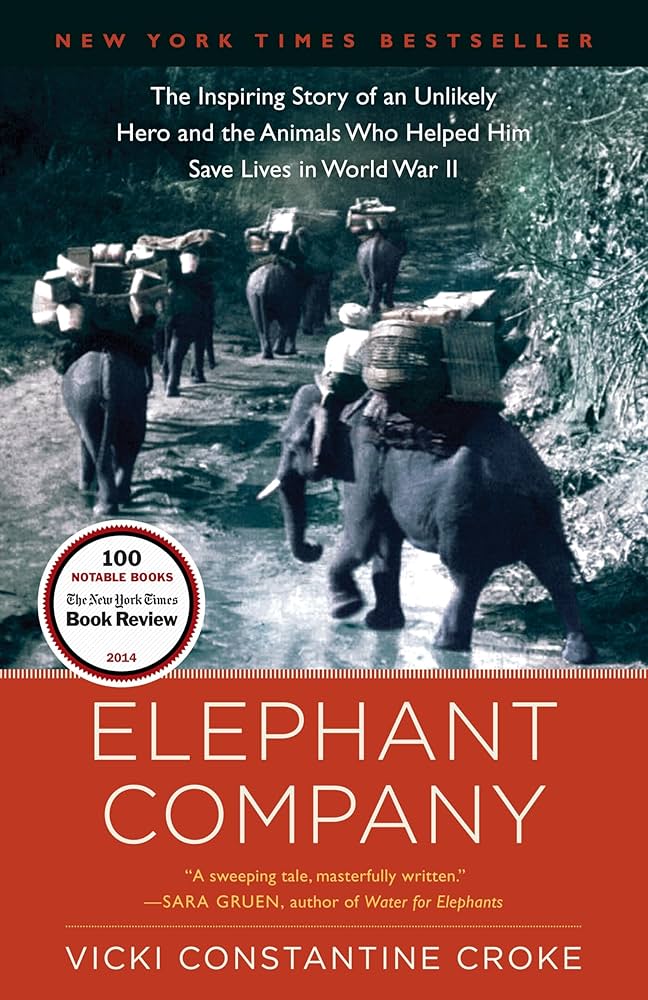 | Elephant Company by Vicki Constantine CrokeBest Wildland Fire Leadership Level to read this book:
If you enjoy stories of heroism, animal-human bonds, and historical adventures, Elephant Company is definitely worth a read! It tells the story of James Howard "Elephant Bill" Williams, who worked with elephants in Burma during World War II. His bond with these magnificent creatures and his heroic efforts during the war are both moving and inspiring. Elephant Company offers several valuable leadership lessons.
|
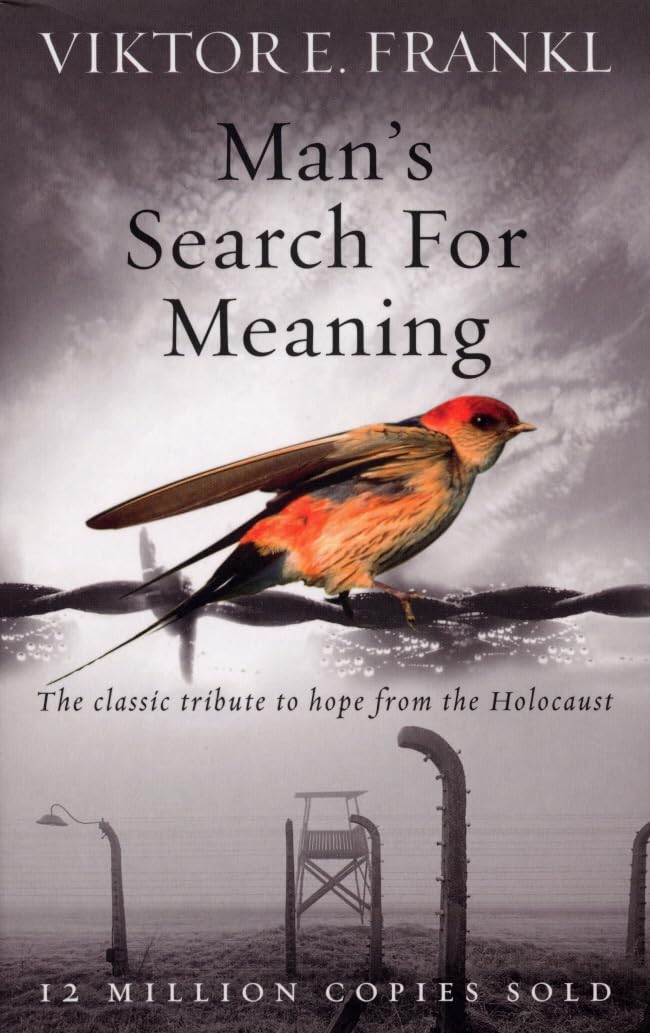 | Man’s Search for Meaning by Viktor E. FranklBest Wildland Fire Leadership Level to read this book:
Man's Search for Meaning is a vivid account of an individual's experience as a prisoner in a Nazi concentration camp. The book focuses on love, hope, responsibility, and the beauty to be found both in nature and art. Man's Search for Meaning dives deep into the resilience of the human spirit and the capacity to find purpose, even in the most dire circumstances. It is an inspiring look at how meaning can be a powerful motivator and source of strength. Beyond its historical significance, it offers practical insights for anyone grappling with life's challenges. Plus, Frankl's unique blend of personal narrative and philosophical reflection makes it a compelling read.
|
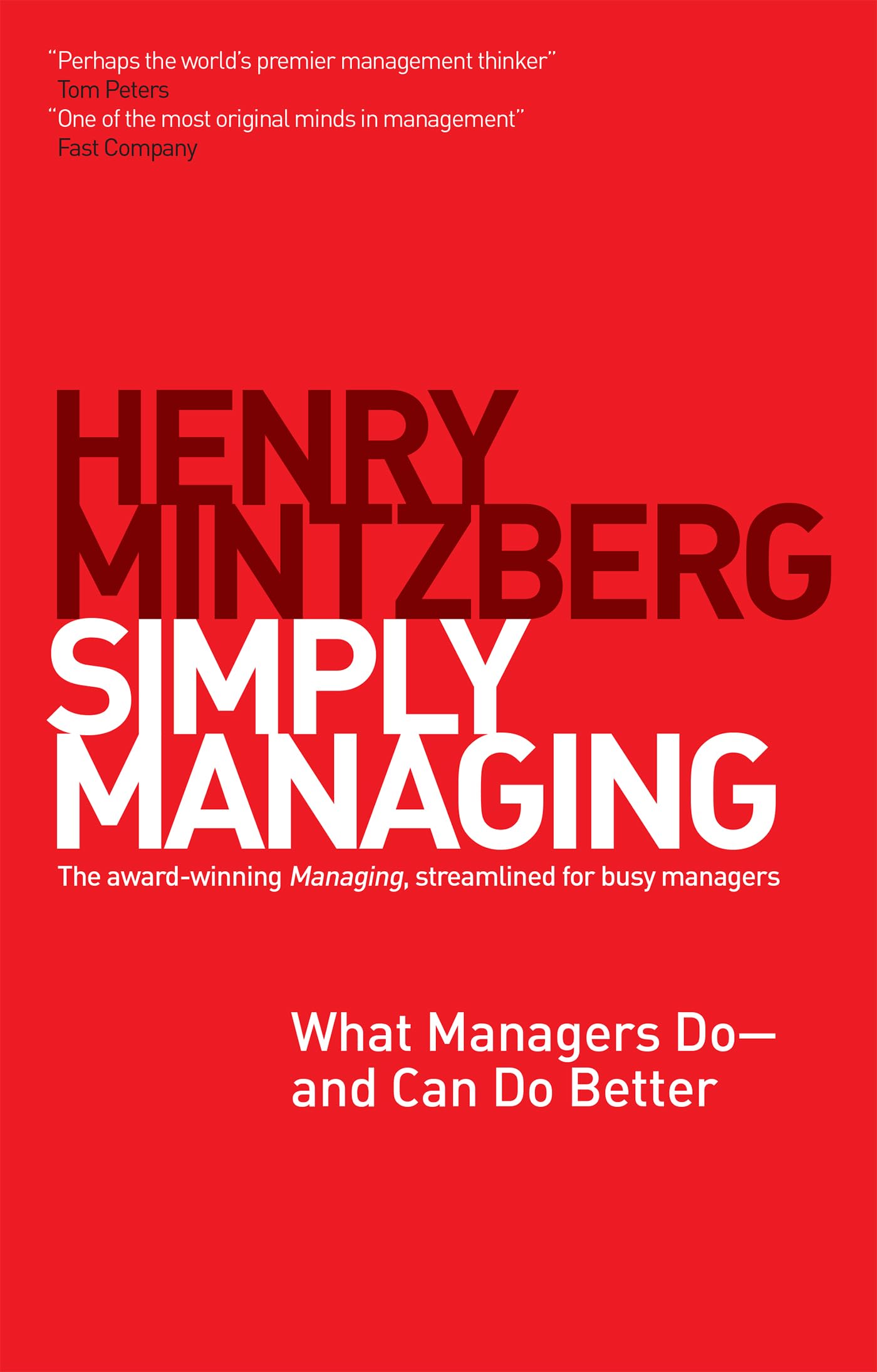 | Simply Managing by Henry MintzbergBest Wildland Fire Leadership Level to read this book:
Simply Managing invites readers to dive into the nuanced and intricate world of management, challenging the popular belief that management is a rigorous science. Henry Mintzberg presents management as a craft – one that evolves through experience and is anchored in human relationships. Managers navigate their role by balancing three fundamental dynamics: interpersonal (focused on relationships), informational (centered on knowledge), and decisional (related to actions).
|
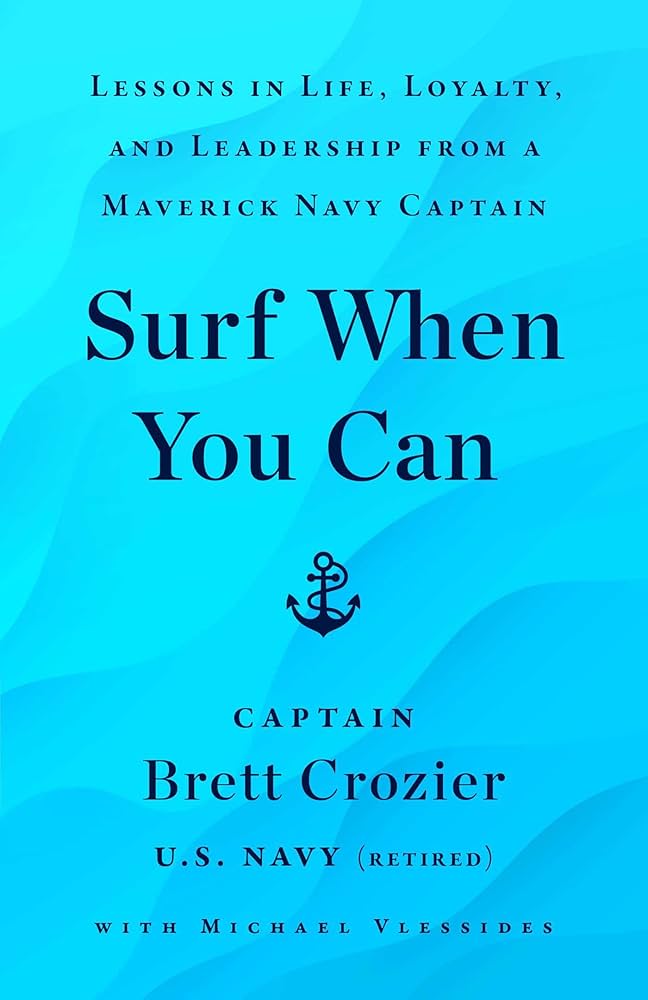 | Surf When You Can by Captain Brett Crozier (USN Retired)Best Wildland Fire Leadership Level to read this book:
Surf While You Can is a book full of leadership lessons gained from a career as a Naval aviator and ship Captain. The simple but powerful ideas and concepts the author shares are easily applied to the wildland fire setting, and to all levels of leadership. The author’s experiences as a new recruit learning to fly helicopters to a Captain commanding 5,000 people on a carrier can be useful to leaders of all types, from new firefighters leading a squad all the way to experienced fire managers leading programs. |
Reading Challenge
The books chosen as the primary focus for 2024 year included:
Image

| Young Men And Fire by Norman MacleanBest Wildland Fire Leadership Level to read this book:
Young Men and Fire is book that every fire leader should read at some point in their career. The 1949 Mann Gulch tragedy and the lessons learned from it are worth the read even 75 plus years after the event. It’s also one of the rare books about wildland fire to have been written by a literary master and is worth reading for that reason alone.
|
Image

| The Wisdom of the Bullfrog by William H. McRavenBest Wildland Fire Leadership Level to read this book:
The Wisdom of the Bullfrog is a great book on the simple, but difficult principles of leadership that deserves a spot in every leadership library. It’s short, simple, easy to read and remember, and uses focused personal experiences to illustrate the points being made in each chapter.
|
Image

| The Art of Clear Thinking by Hasard LeeBest Wildland Fire Leadership Level to read this book:
The Art of Clear Thinking a great book that examines decision-making principles, and ways to get better at making decisions in high-stress, time-limited situations. The vivid examples from the authors own experience as a combat pilot and trainer show that clear thinking and “good” decision-making are skills that can and should be practiced to improve and maintain.
|
Image

| Emotional Agility by Susan DavidBest Wildland Fire Leadership Level to read this book:
Emotional Agility is a great book that provides tools to help work with emotions, and to leverage those biological and mental responses to be better leaders in high-stress environments. Everyone experiences emotions of varying types, and being able to understand how and why emotion can influence decision-making and actions is critical for fire leaders.
Emotional Agility Discussion Guide
|
Image

| Writing To Persuade by Trish HallBest Wildland Fire Leadership Level to read this book:
While writing is not something most wildland fire leaders want to do, it’s a skill that’s worth taking the time to hone and refine. At some point in a career, leaders will need to write – plans, proposals, reports, briefing papers, or even just regular emails – and the ability to write well enough to convey ideas simply and effectively, and persuade others, is important. |
The books chosen as the primary focus for 2023 year included:
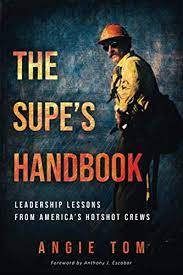 | The Supe’s Handbook by Angie TomBest Wildland Fire Leadership Level to read this book:
It’s rare that there’s an opportunity to hear leadership advice and stories directly from wildland fire leaders, and this is a great book filled with stories and lessons learned from a wide cross section of longtime hotshot superintendents. Experience is a great teacher, and the supes interviewed for this book have a wealth of wisdom and opinions that they share with the reader. |
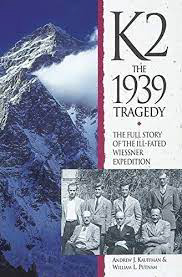 | K2: The 1939 Tragedy by Andrew Kaufmann and William PutnamBest Wildland Fire Leadership Level to read this book:
This book is a cautionary tale about how poor communication, environmental and human factors, and external pressures can affect a person’s decision-making ability, and how those decisions can have far-reaching consequences. It offers an opportunity to reflect on the roles and responsibilities of a leader, as well as our guiding values of duty, respect, and integrity |
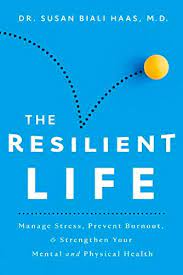 | The Resilient Life by Dr. Susan Biali HaasBest Wildland Fire Leadership Level to read this book:
Mental health is as important to fire leaders as physical health, and this book is full of ideas on how to manage stress and stay strong mentally and physically. It’s an easy read and contains many coaching exercises that make it easier to apply the concepts and practices in your own life.
|
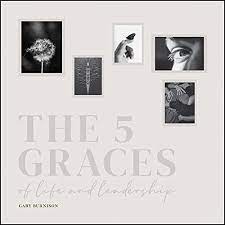 | The 5 Graces of Life and Leadership by Gary Burnison.Best Wildland Fire Leadership Level to read this book:
This is a great, easy-to-read book (in a coffee table-style format) that focuses more on the soft skills of leadership. It’s a great book for simple, effective ideas and prompts for becoming a more authentic leader. Leading authentically; being able to better interact with those around you to build an effecting team, is something all fire leaders should strive for.
|
The books chosen as the primary focus for 2022 year included:
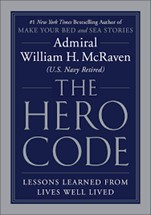 | The Hero Code by Admiral William H. McRaven (USN Ret.)Best Wildland Fire Leadership Level to read this book:
This is an excellent and easy to read book about the importance of simple actions and virtues in leadership, and it takes a look at ten traits that contribute to the heroic leadership we see around us every day. The author is a well-respected leader who served in many leadership roles throughout his career, including serving as the Commander for all Special Operations Forces. |
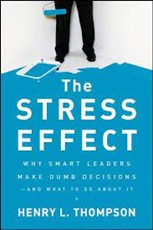 | The Stress Effect by Henry L. ThompsonBest Wildland Fire Leadership Level to read this book:
Leaders in the wildland fire service are required to make important decisions quickly and while under stress. It’s critical to understand how a leader’s cognitive and emotional intelligence are affected by stress, and what you can do to mitigate the effects of stress on your ability to lead others and make good decisions. This book contains information that’s valuable for anyone who wants to better understand and manage stress in their lives. |
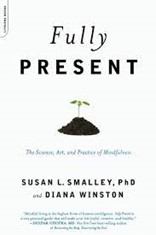 | Fully Present by Susan L. Smalley and Diana WinstonBest Wildland Fire Leadership Level to read this book:
All leaders and followers should have a toolkit of skills and knowledge that go beyond the technical aspects of the work and of leadership and can be applied in other parts of life. An understanding of the concept of mindfulness is a valuable addition to any leader’s toolkit, and the practice itself can be hugely beneficial personally and professionally. Many respected fire leaders have advocated for firefighters to practice mindfulness, and it can be valuable at any level of leadership. |
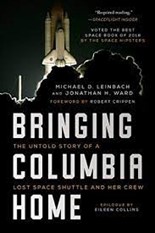 | Bringing Columbia Home by Michael D. Leinback and Jonathan H. WardBest Wildland Fire Leadership Level to read this book:
While this is not a book that has a primary focus on leadership, you can see many examples of leadership in action throughout this book. This is an especially good read for leaders of teams or organizations that can be expected to provide leadership in new or unfamiliar settings (the wildland fire community was a huge player in the response to disaster.) The lessons learned from NASA's experience in responding to the event could be scaled and applied to any organization that conducts operations in the wildland fire environment. Bringing Columbia Home discussion guide
|
The books chosen as the primary focus for 2021 year included:
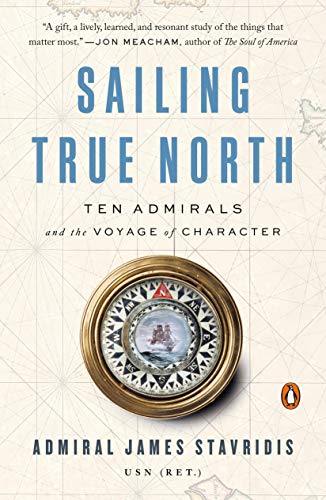 | Sailing True North by Admiral James Stavridis (USN Ret.)
|
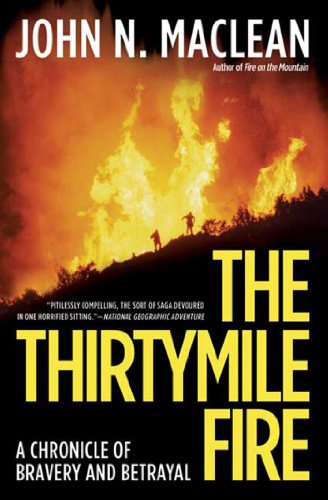 | The Thirtymile Fire by John Maclean
|
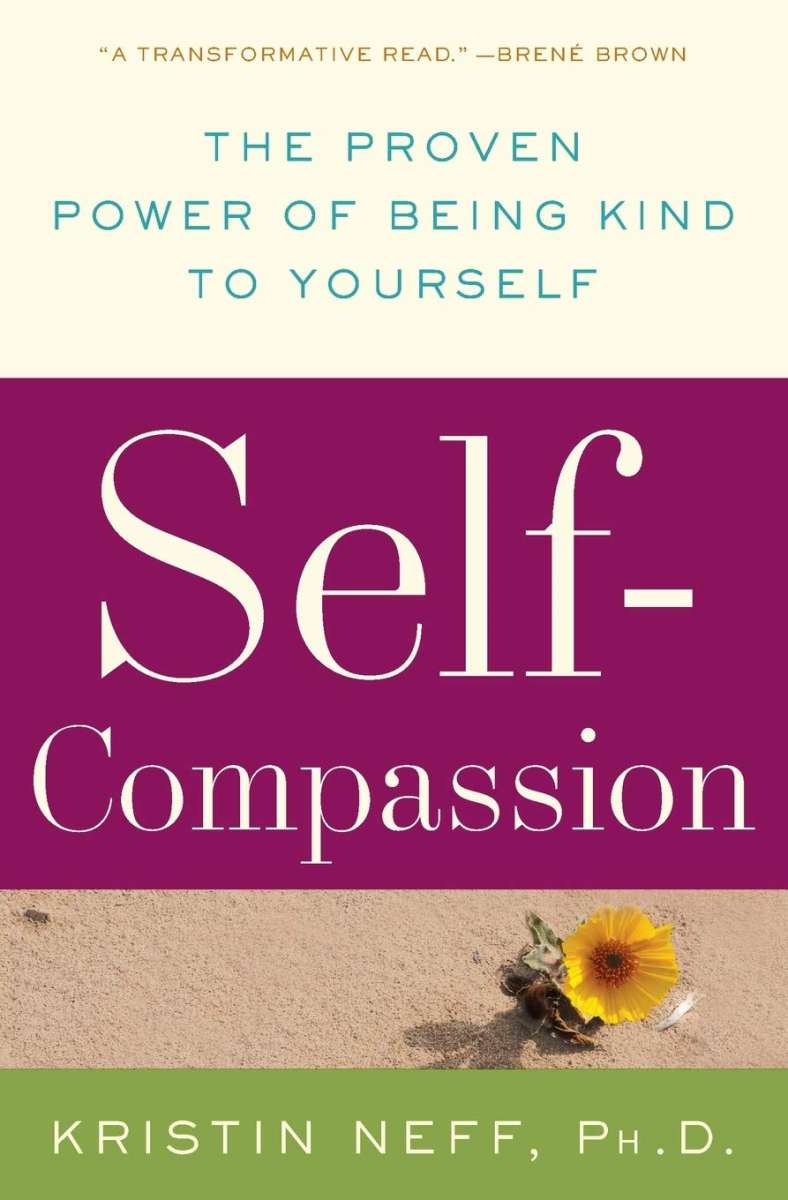 | Self-Compassion by Kristin Neff
|
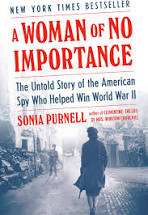 | A Woman of No Importance by Sonia Purnell
|
The books chosen as the primary focus for 2020 year included:
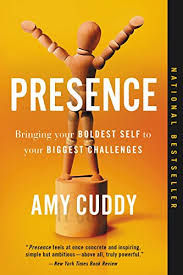 | Presence by Amy Cuddy<200b>
|
 | Wherever You Go, There You Are by Jon Kabat-Zinn
|
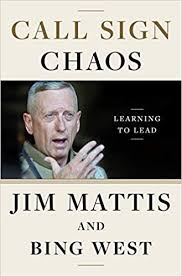 | Call Sign Chaos by Jim Mattis and Bing West
|
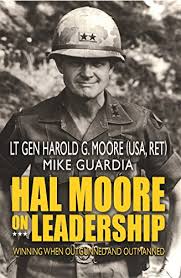 | Hal Moore On Leadership by Hal Moore and Mike Guardia
|
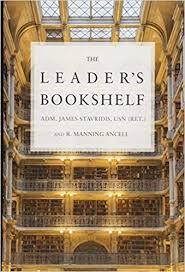 | The Leader’s Bookshelf by James Stavridis and R. Manning Ancell
|
The books chosen as the primary focus for 2019 year included:
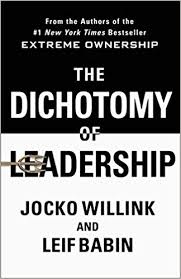 | The Dichotomy of Leadership by Jocko Willink and Leif Babin
|
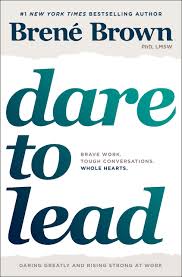 | Dare to Lead by Brené Brown
|
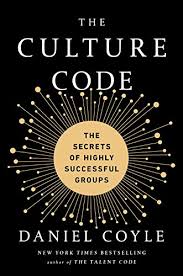 | The Culture Code by Daniel Coyle
|
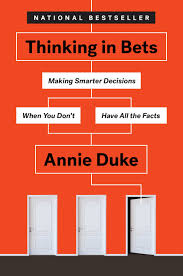 | Thinking in Bets by Annie Duke
|
The books chosen as the primary focus for 2018 year included:
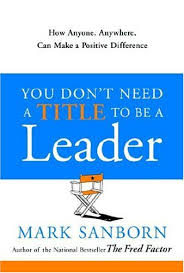 | You Don’t Need A Title To Be A Leader by Mark Sanborn
|
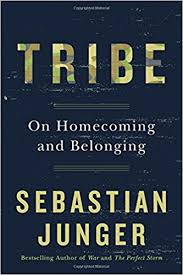 | Tribe by Sebastian Junger
|
 | Make Your Bed by Admiral William H. McRaven (U.S. Navy Ret.)
|
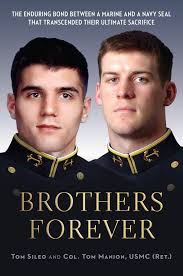 | Brothers Forever by Tom Sileo and Colonel Tom Manion, USMC (Ret.)
|
The books chosen as the primary focus for 2017 year included:
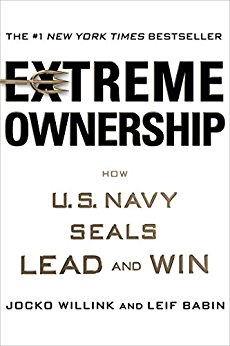 | Extreme Ownership by Jocko Willinks and Leif Babin
|
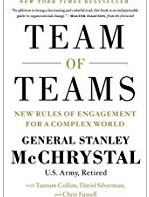 | Team of Teams by retired Army General Stanley McChrystal
|
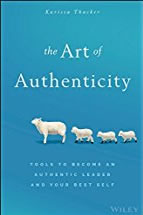 | The Art of Authenticity by Karissa Thacker
|
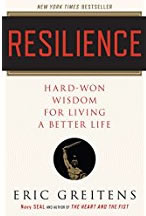 | Resilience by Eric GreitensLeadership starts with leading of self, and this book is a great tool for self-improvement as a leader and a person. Leadership starts with you, and as the author says, you need to get yourself right before you lead others. |
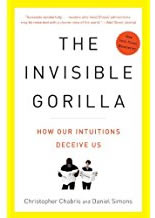 | We also recommended a handful of other titles in addition to the focus books, including:The Invisible Gorilla by Christopher Chabris and Daniel SimonsNot a leadership book per se, but leadership is made better with understanding of how we perceive the world around us, and how our brains interpret what we perceive. A wonderful book on how we see, or don’t see, the world around us. |
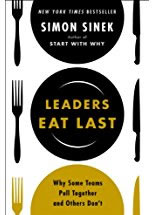 | Leaders Eat Last by Simon SinekA book that examines what it means to be a good leader, and why we instinctively follow some leaders and not others. Many of the ideas will be familiar to wildland firefighters. |
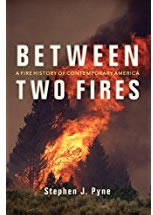 | Between Two Fires by Stephen PyneFor anyone wanting to dive deeper into fire policy and history, we highly recommend reading Between Two Fires by Stephen Pyne. It explains quite well many of the reasons we got where we are today. A very thorough history of the American fire scene from the early days until recent events. Closely examines the events, policies, and agencies that shaped American fire management. A lot to absorb, but well worth it for those looking to really think about how and why fire is managed the way it in America. |
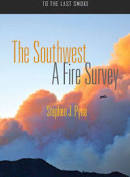 | In addition, we're recommending that folks pick one of Stephen Pyne's Fire Survey books (currently California, Florida, the Southwest, and the Northern Rockies are available), and read it with a mind toward thinking about how different fire and fire cultures can be in different parts of the country.Florida: A Fire Survey by Stephen Pyne
|
The books chosen as the primary focus for 2016 year included:
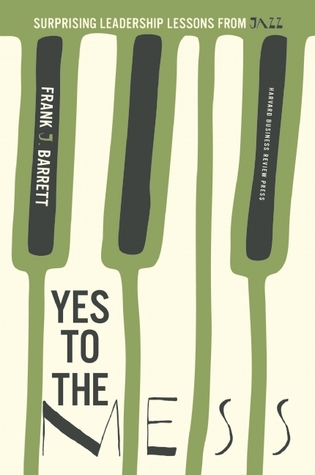 | Yes to the Mess by Frank J. Barrett
|
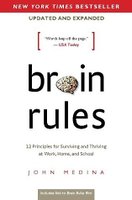 | Brain Rules by John Medina
|
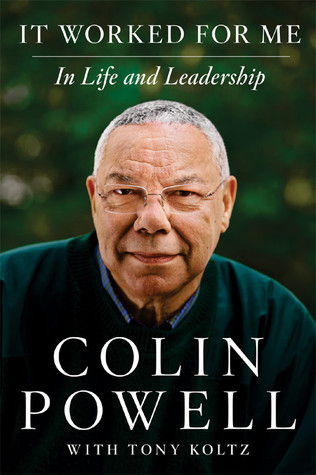 | It Worked For Me by Colin Powell
|
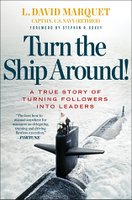 | Turn the Ship Around! By L. David Marquette
|
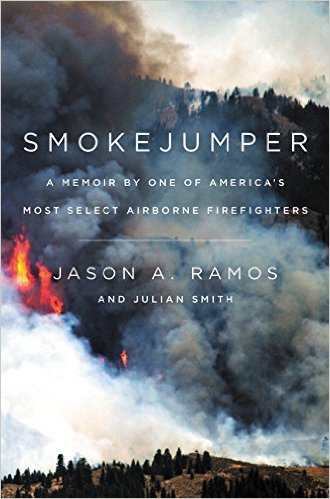 | Smokejumper by Jason A. Ramos
|
The books chosen as the primary focus for 2015 year included:
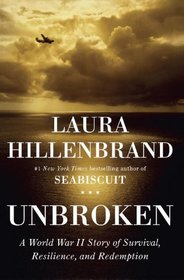 | Unbroken: A World War II Story of Survival, Resilience, and Redemption” by Laura Hillenbrand.The book is focused on the story of Louis Zamperini during World War Two, but also looks at his life before and after the war, and the tragedies, challenges and triumphs that he experienced. As a value-added feature, readers are encouraged to venture into the Leadership in Cinema realm and watch and discuss the film version. There are several themes in the book that carry over into our realm of leadership and wildland fire. Two in particular spring to mind: Resilience and perseverance in the face of adversity; and being a leader, even when you have nothing to lead but yourself. This theme, of leading oneself, ties in to the WFLDP’s 2015 campaign of “Followership is Leadership.” Even when we’re not in command or even in control, we can still lead ourselves. To quote William Ernest Henley, “I am the master of my fate, I am the captain of my soul.” |
The books chosen as the primary focus for 2014 year included:
| Category | Entry Leader | Emerging Leader | Primary Leader | Leader of Leaders | Leader of Organization |
|---|---|---|---|---|---|
| Fire History and Culture | Hellroaring: The Life an Times of a Fire Burn (Peter M. Leschak) | Ghosts of the Fireground (Peter M. Leschak) | The Big Burn: Teddy Roosevelt and the Fire that Saved America (Timothy Egan) | Fireline: The Summer Battles of the West (Michael Thoele) | Tending Fire: Coping with America's Wildland Fires (Stephen Pyne) |
| Human Factors | The Go Point (Michael Useem) | Isaac's Storm (Eric Larson) | Friendly Fire (Scott A. Snook) | Blink: The Power of Thinking Without Thinking (Malcom Gladwell) | Managing the Risks of Organizational Accidents (James Reason) |
| Lessons Learned | Young Men and Fire (Norman Maclean) | Fire on the Mountain (John N. Maclean) | Beyond Tranquillon Ridge (Joseph N. Valencia) | The Thirty Mile Fire: A Chronicle of Bravery and Betrayal (John N. Maclean) | Wildfire and American: How to Save Lives, Property and Your Tax Dollars (Roger G. Kennedy) |
| Leadership and Management | You Don't Need a Title To Be A Leader (Mark Sanborn) | The Leadership Secrets of Colin Powell (Oren Harari) | First In, Last Out (John Salka) | The Leadership Moment (Michael Useem) | Leading Change (John P. Kotter) |
| Case Studies | Endurance: Shackleton's Incredible Voyage (Alfred Lansing) | Into Thin Air (Jon Krakauer) | The Last Stand (Nathaniel Philbrick) | Failure Is Not an Option (Gene Kranz) | Team of Rivals - The Political Genius of Abraham Lincoln (Doris Kearns Goodwin) |
Articles and official documents that are on the Web, such as accident investigations, are linked here. Many can be downloaded and printed. Many of the books are available in libraries. Most books listed are currently available through local booksellers or on the internet.
All branches of the United States military have professional reading programs and a key part of those programs is the recommendation that every leader read at least two books a year. Many corporations have required readings for their supervisors and managers. For around one hundred dollars, a fire organization can put together a library from the titles on this list (and other titles on the master list at the website) and implement a reading program on their home unit. How many of our young firefighters know what happened at South Canyon? How many have read anything that discusses the principles of sound leadership? How many have read stories from other disciplines or endeavors that describe leaders in action?
This is not busy work; this is not drudgery. These readings will provoke reflection, discussion, and debate. The selected titles have been chosen for their intrinsic excitement as well as their content. Many of the books will be hard to put down. Let this be your roadmap to an enjoyable and rewarding reading program.
The NWCG Leadership Committee is the sponsor for this resource.
Contact Us
Please send your questions via email to Professional Reading Program.
Local units are encouraged to solicit ideas from local personnel about implementing the Professional Reading Program. A professional reading program can be developed on your local unit in a few easy steps that require very little effort or expense.
Start a Library
Start by establishing a central book cache or library in your break room or training room. Designate a bookcase specifically for leadership. For several hundred dollars, a fire organization can put together a good library from the titles listed in this reference. There are many possible avenues for the acquisition of books. You can ask the region/district/department to purchase them or apply for continuing education grants. You can solicit books from the local community or contact service groups for assistance through monetary or book donations. You can also check local or online used bookstores for books or books on tape.
Promote the Program
Promoting the reading program is an ongoing endeavor and can be done in many ways. Here are a few suggestions:
- Give books from the reading list as awards and appreciations.
- Buy enough copies of one of the books for your whole crew or fire organization to read. Consider assigning your crew or staff to read one of the books and discuss its salient points at a crew meeting, training day, or safety session.
- Have topic discussions about books from the reading list. This will allow one person to relate the main topics and points of a book to a group or allow a group to compare their ideas about a single book.
- Topics can be assigned or selected by the participants. Assign each person a chapter(s) or book to read and brief the rest of the group.
- Propose a topic and have people find articles from magazines, newspapers, etc., or other books that are relevant to the topic. Have crew members present their findings at a crew forum.
- Tie the reading program to employee Individual Development Plans (IDPs); e.g., read a certain number of books in a given time period. Designate specific books based on the employee's qualifications.
Keep it fun, but emphasize the importance of the program in developing a commitment to a lifetime of learning and to stronger leadership at all levels of our fire organizations. The starter list below is included to give suggestions to help young employees get started in developing a habit of continuing education and self development.
- Leading in the Wildland Fire Service
- Black Hawk Down
- The Thirtymile Fire
- Shackelton's Way
- The Leadership Moment
This is a list of books and other resources included in the reading program prior to 2014, and includes Director’s Choices, selections on Culture, Human Factors, Lessons Learned, Leadership and Management, as well as case studies that examine the importance of leadership in wildland fire community.
The NWCG Leadership Committee invites individuals to submit suggestions regarding new titles, removal of titles, or corrections to the Professional Reading Program. New title suggestions must include the information provided below.
- Your name and contact information
- Title
- Author
- Publication company
- Publication date
- Description (limit to 50 words or less)
Please use our book suggestion form to provide this information.





